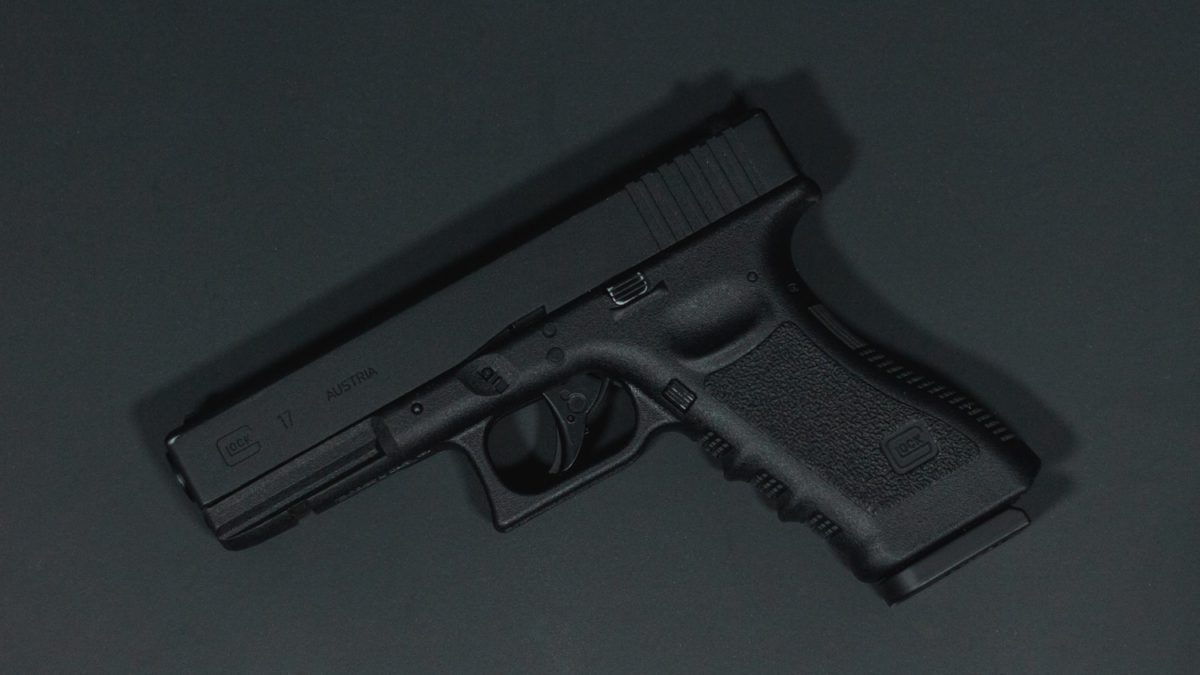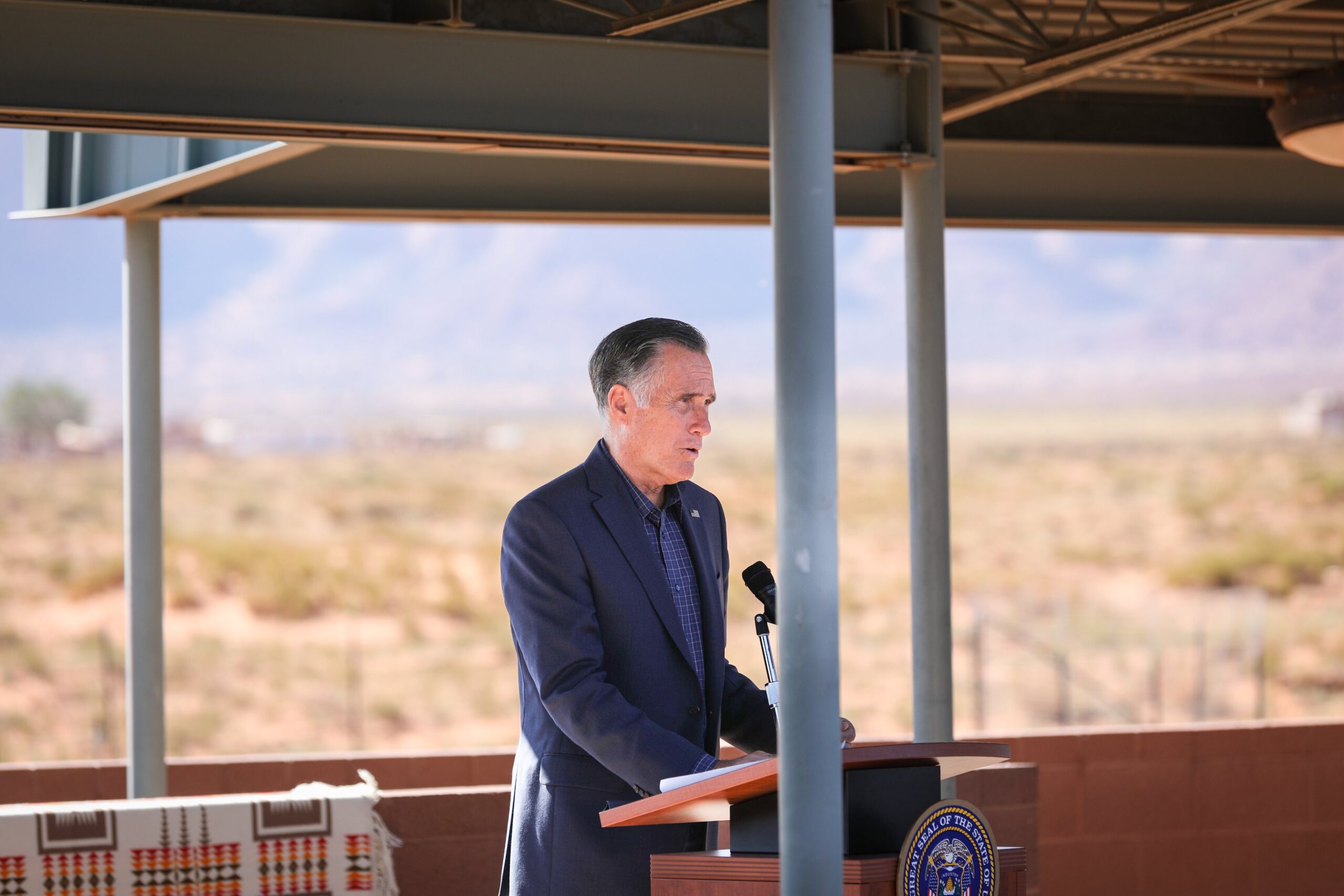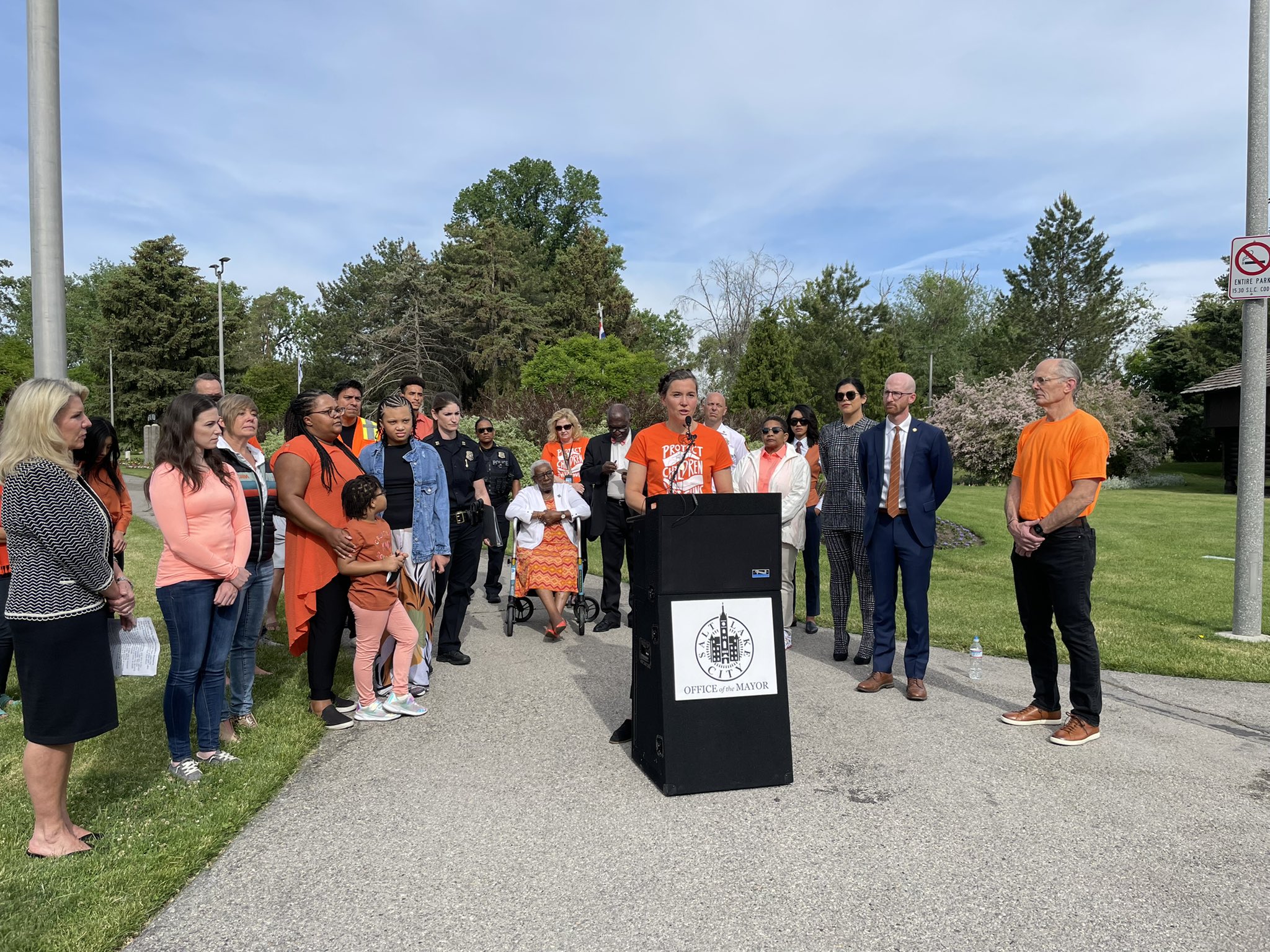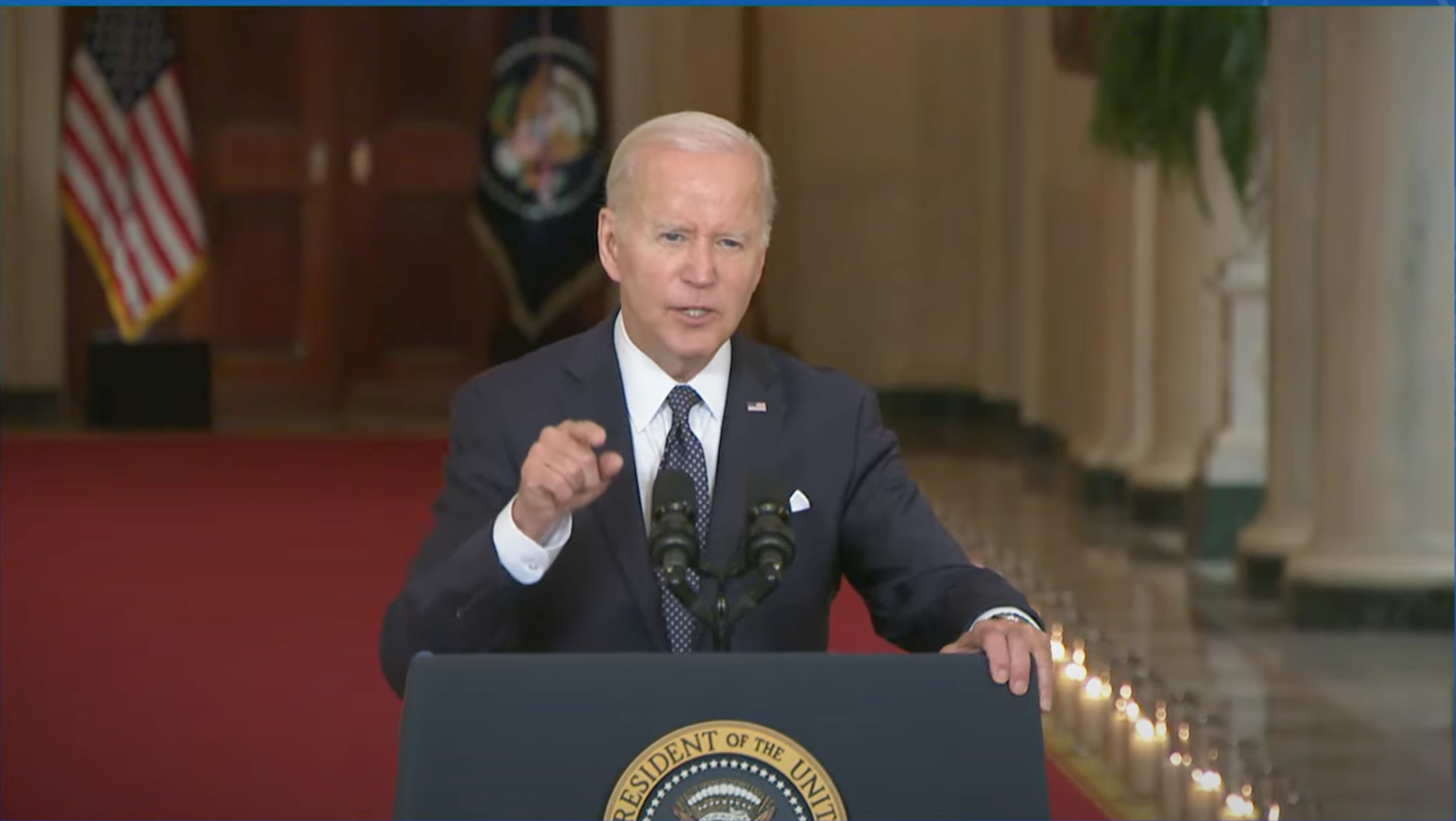News
Utah gun permit applications down after requirement dropped

Half of all suicides in Utah are firearm-related, according to a Harvard T.H. Chan School of Public Health report in 2018. Photo: Jacob Boavista
SALT LAKE CITY, Utah. — Certified firearms instructor Aaron Turner has no one to teach.
Earlier this year, his courses covering gun safety, shooting fundamentals, federal and state laws, and suicide prevention for would-be concealed carry permit holders were booked solid, the Deseret News reported. But since Utah did away with the law requiring the state-issued permit on May 5, Turner’s classes have dried up.
That means thousands of Utah gun owners can now legally carry a firearm under a shirt or jacket without any training.
“My fear is that people don’t know what they don’t know. If they don’t do some serious homework.. … Probably the biggest challenge in my classes was debunking all the stuff people came into the room with, their preconceived notions, or worse, things that they’ve heard around the water cooler,” Turner said.
Utah Bureau of Criminal Identification numbers for the year bear out what Turner is seeing — or not seeing — in his classroom. BCI oversees the concealed carry permit program.
While the drop in Utahns seeking a concealed carry permit wasn’t unexpected as a result of the so-called “constitutional carry” law, it has been dramatic. Also, revenue from permit fees earmarked for state suicide prevention efforts could fall sharply as a result of the changed law.
In-state applicants for Utah permits have steadily declined from a high of 4,819 in January to just 765 in September. In fact, fewer than 780 Utahns a month have sought a license since the end of June.
“I’m sure it’s related to the law. I wouldn’t see any other reason for that,” said Greg Willmore, BCI director. “But at the same time we expected that.”
The Utah Legislature earlier this year passed a bill to drop the permit requirement for Utahns to carry a concealed firearm for people age 21 and older. HB60 sailed through the Republican supermajorities in both the House and Senate. Gov. Spencer Cox promptly signed the bill — something his predecessor declined to do when lawmakers passed similar legislation.
Twenty states now do not require permits for the open or concealed carry of guns.
Though the Utah law does not eliminate the state’s concealed firearms permit program, it takes away the incentive to obtain the license — and take the requisite firearms safety class, including a suicide prevention module. The application fee for a permit is $53.25 for Utah residents and $63.25 for non-residents.
Before the law took effect, the state required people who wanted to carry a concealed gun to obtain a permit after passing a criminal background check and attending a training course from a state-certified instructor. The class, however, does not require a demonstration of firearms proficiency or even firing a gun.
Also, while gun buyers in Utah must undergo a criminal background check, eliminating the need for a concealed carry permit also does away with what amounted to a second background check needed to get the license.
Some proponents maintained that although permit applications might trail off, gun owners would continue to attend a gun course on their own. That doesn’t appear to be the case, though there is no way to measure that, except through the concealed carry permit program.
“I have been wondering if all these shootings lately are due to poor education or ego driven,” Turner said.
Turner charged $60 for the gun safety class, which included preparing the paperwork for the license. His five-hour class covered gun safety, dry firing, federal and state laws, de-escalation techniques, use of force versus deadly force, and the difference between rights on public and private property.
Most, if not all, his students, he said, thank him for educating them on things they did not know.
Turner used to teach three classes of 20 students a week that were scheduled out at least a month in advance. His last class in September drew five people. He canceled a class after only two people signed up. He offered a course on his website focused only on gun laws for half price but had no takers. He has decided that teaching the classes is no longer viable.
While some gun owners might be looking to save a little money by not taking a class and buying a license, Turner believes there are other reasons.
“I just think we are naturally lazy, and if we don’t have to do something we don’t,” he said. “Human beings are lazy. They’re like, ‘I can just cover (the gun) up now and go do whatever I want.’ But they, of course, don’t know where they can and can’t carry.”
He worries that someone with a concealed firearm might walk into a public school or onto a college campus where permits are still required. A law-abiding person who is ignorant of the law could face felony charges and all the personal and social ramifications that come with it, he said.
“It seems like such a slippery slope,” Turner said.
Turner, who has a full-time job, said he made a little Christmas money on the side from teaching the classes but that wasn’t the reason he did it. He said he enjoys trying to help overcome the perception that those who choose to carry a gun are bad people.
“I’m at a loss,” he said. “I got into this business because I firmly believe in the education portion.”
Rep. Walt Brooks, R-St. George, who sponsored the new law, said there is always concern when a law impacts somebody’s business, but “I’m more of the constitutional right aspect of it.”
Brooks favors directing people to resources that provide gun safety training and persuading — not mandating — them to use them. He said he believes Utahns are learning about handling firearms in settings outside the concealed carry classes.
“I don’t think it all has to be so formalized. I feel like I’m safe with a weapon. I learned from my brother and my dad hunting growing up,” he said. “I think there’s other avenues to teach gun safety, so only using the metric of concealed carry is sort of a false flag or not completely accurate, but not to be dismissed either.”
Turner said training outside of a class might involve a neighbor or friend taking a new gun owner to a shooting range.
“I would make a very, very strong argument that shooting at the range is the end of the training, not the beginning,” he said.
Utah has one of the most popular concealed carry permits in the country. The state routinely issues more permits to people outside the state than inside, though the script was flipped in 2020.
With the spread of COVID-19, civil unrest and a presidential election stoking panic-buying, gun stores in Utah and across the country saw a surge in sales last year. That might explain the high number of Utahns applying for concealed carry permits, peaking at 7,139 in July 2020.
In fact, 56% of applicants last year were Utah residents, compared to 44% of out-of-state residents. It’s usually the reverse due to a thing called reciprocity. Utah’s permit is one of the most coveted in the country because it is recognized in 37 states and out-of-state residents may obtain it without having to come to Utah.
But in 2021 as the new law took effect, the pendulum swung back the other way — even more. Utah gun owners now make up only 35% of new concealed carry applicants to date.
That concerns Syracuse resident Neca Allgood not only because of the potential public safety implications but because it could cut into money for suicide prevention.
The state expects to direct just over $2 million this year to the Utah Division of Substance Abuse and Mental Health for suicide prevention initiatives and educating Utahns about the safe storage of guns. But that figure could drop in the coming years.
Allgood, a certified suicide prevention instructor, worries far fewer gun owners will see the suicide prevention module, which includes safe gun storage options, now that there is no training requirement.
“I wish we had more people educated on safe storage rather than less,” said Allgood, a volunteer leader with the Utah chapter of Moms Demand Action, an advocacy group affiliated with the national Everytown for Gun Safety.
Half of all suicides in Utah are firearm-related, according to a Harvard T.H. Chan School of Public Health report in 2018. And the overwhelming majority of suicide attempts using a gun are fatal.
The concealed carry permit requirement was the only way Utah had to get people to have some training, and now residents just have to trust that gun owners will do it without being compelled, Allgood said.
“I’m sure there are plenty of Utahns who on their own will make sure they’re educated and responsible gun owners. The problem is that not everyone will, and those who are uneducated and irresponsible gun owners have such a lethal tool at their disposal,” she said.
Allgood compares it to the state requiring a driver’s education course in order to get a driver’s license. She said she doubts people would be comfortable with someone buying a car and taking it out on the road with no training.
Gun rights advocates often point out that driving is a privilege, not a constitutional right.
“I will concede that cars are not mentioned in the Constitution. They also hadn’t been invented yet,” Allgood said.
Willmore said a concealed firearm permit class doesn’t make somebody an expert decision-maker or marksman overnight, but provides a base for firearms familiarity, handgun safety and the law, especially for new gun owners.
“The more safety education and familiarity with firearms and, of course, suicide prevention is always good,” he said.
Brooks said he, too, is concerned about the potential loss in revenue for targeted for suicide awareness. “But it’s such a limiting factor to think that only concealed carry is how we’re going to solve this issue,” he said.
Because there was some resistance to changing the concealed carry law due the possibility of diminishing the funds, he wants to find innovative ways to put money toward increasing gun safety and suicide prevention.
“We definitely want to make sure there’s funds there and that they’re used wisely,” he said.
Brooks said he’s preparing a bill for 2022 Utah Legislature to address the financial aspect, if necessary, and make sure the concealed carry permit program remains viable. He didn’t rule out increasing permit fees, saying he wants to keep everything on the table.



















